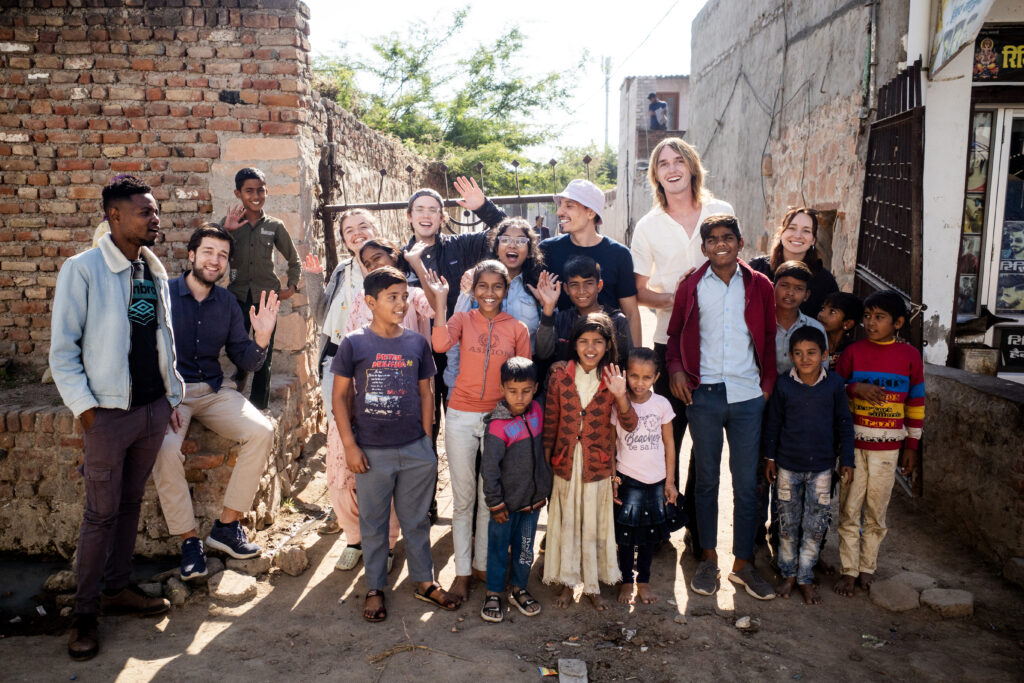
Our Curated Process
India’s diverse landscape beckons for impactful contributions. Bridge Cultures streamlines your journey, ensuring meaningful and enriching travel experiences.
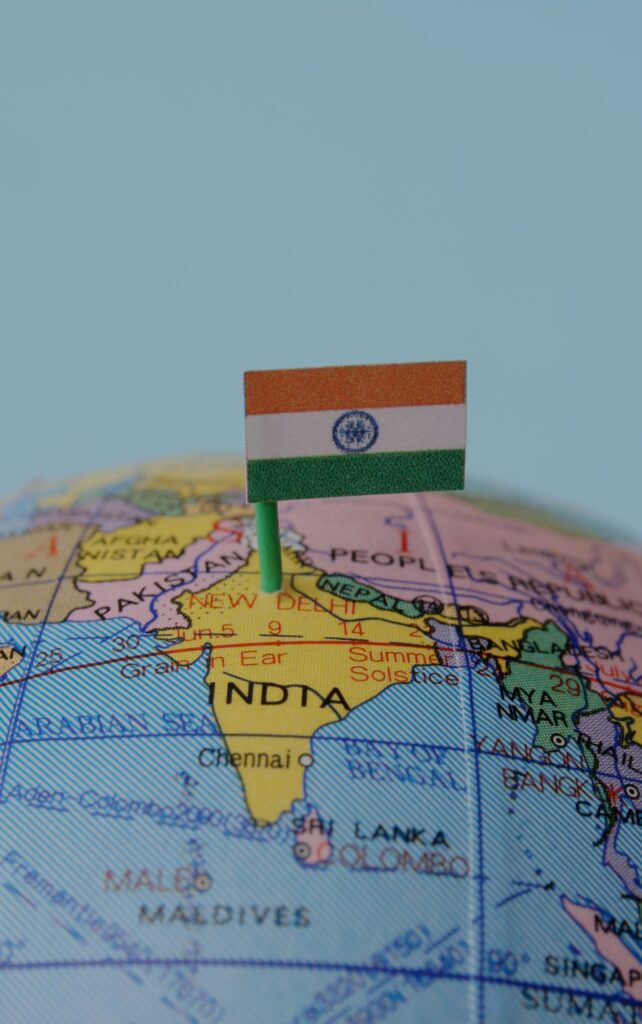


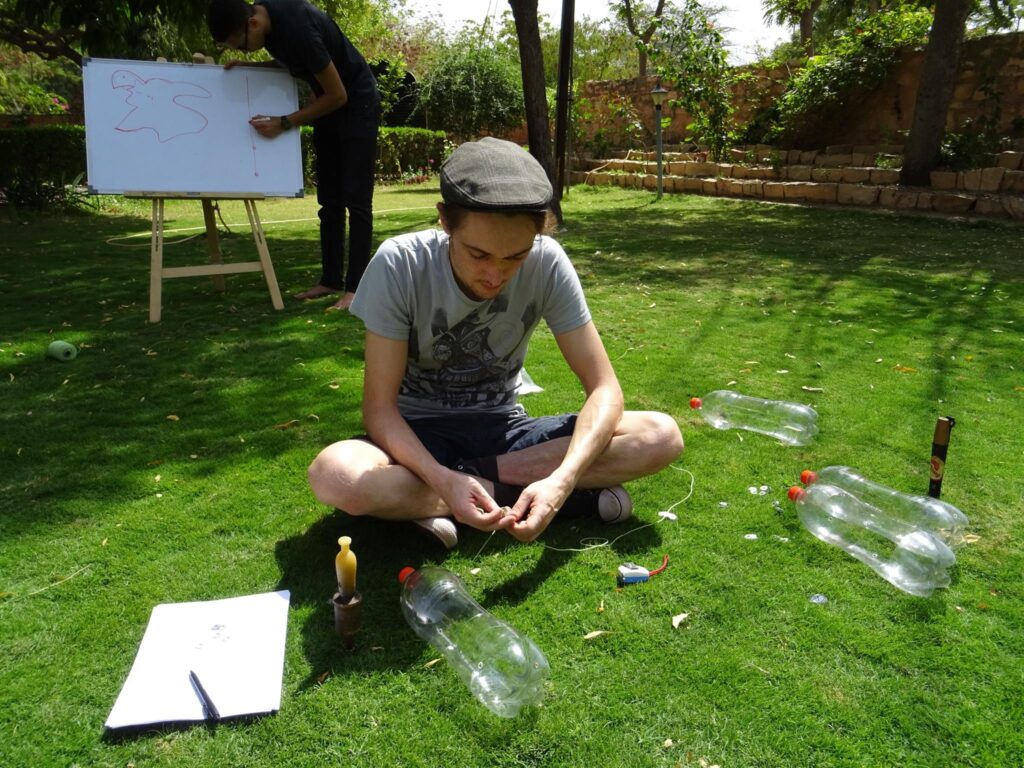

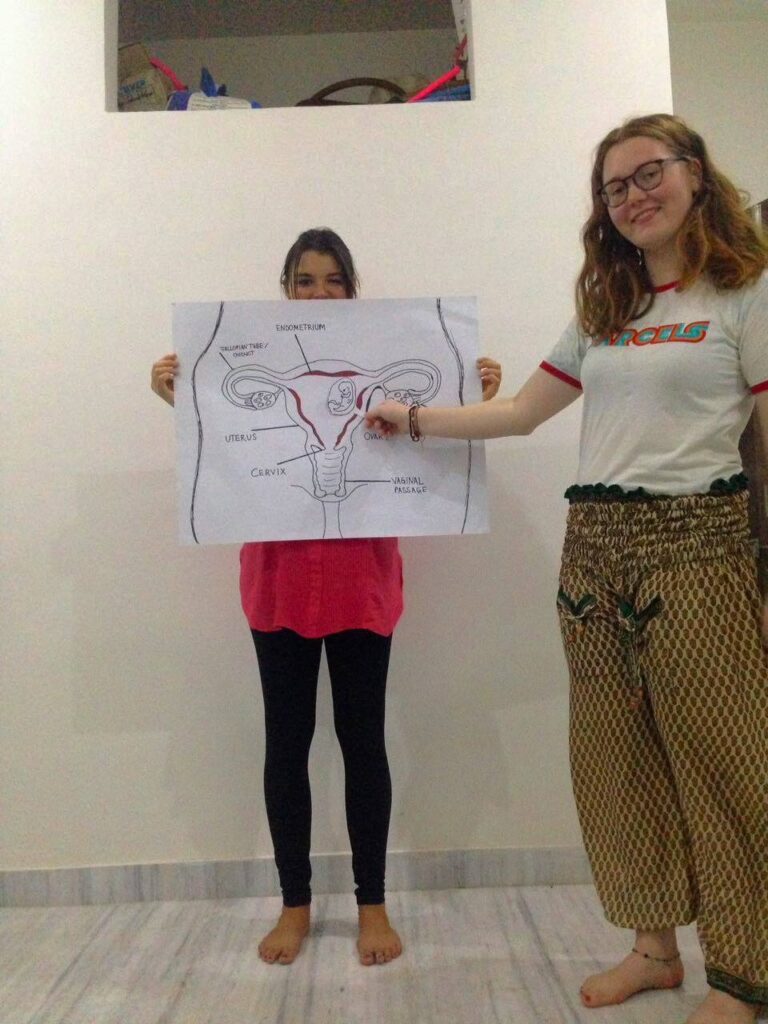

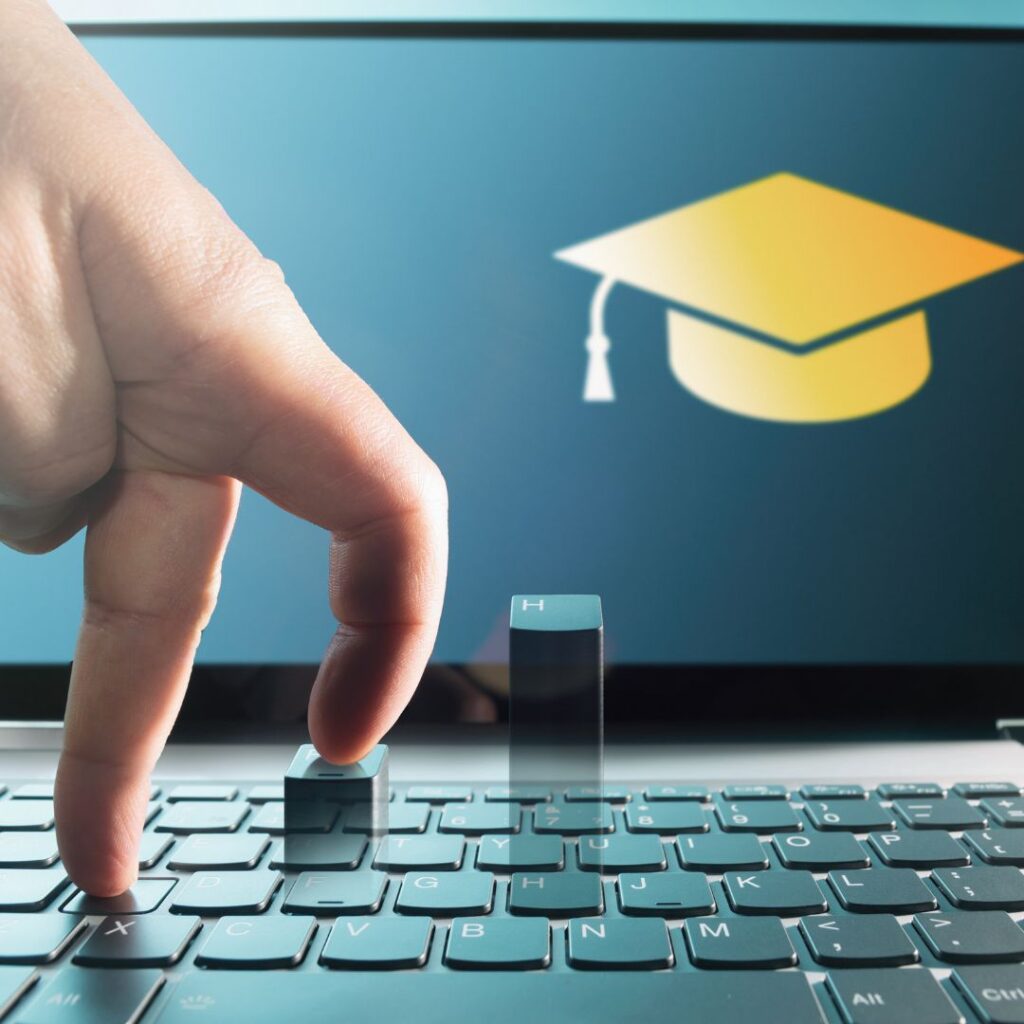
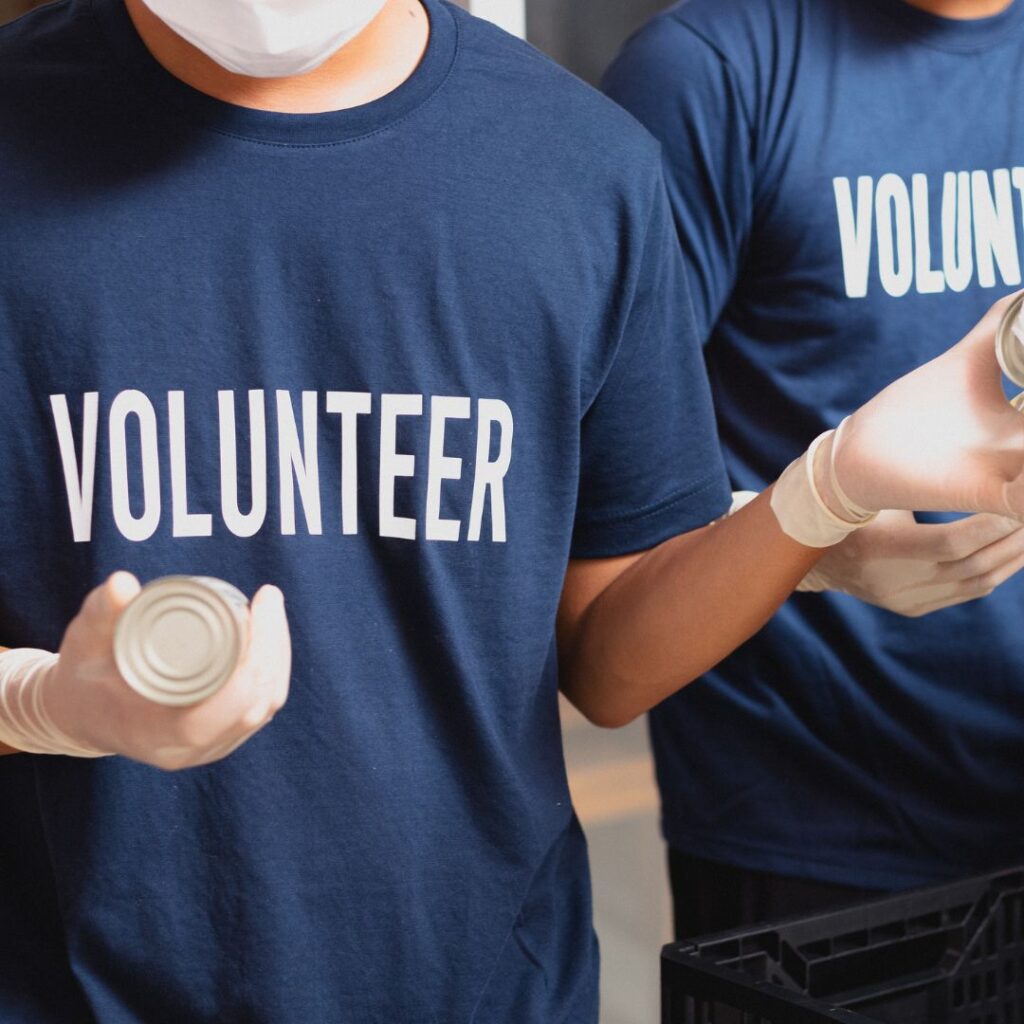
VISA
Before traveling to India, contact your local Indian embassy at least four weeks in advance to apply for your visa. It typically takes 8-10 working days for tourist visas to be issued, and longer for other types. Apply for a multiple-entry visa, which costs the same as a single entry, to facilitate re-entry if needed. Obtain your visa before booking flights to avoid complications. Alternatively, consider flight insurance. Once your tickets are booked, send us your itinerary for pick-up arrangements and keep us updated on any changes.
INSURANCE
Every volunteer and intern must have travel insurance to cover medical emergencies, trip cancellations, loss of property, weather and natural disasters and so on. Having insurance will also allow you to relax and not worry about unexpected accidents or losses. Kindly arrange for travel insurance on your own.
PERSONAL DOCUMENT
Make copies of important documents: passport, visa, invitation letter. Share digital copies with family/friends and keep accessible online. Carry copies for registration, accommodation. Bring necessary tools for internship/volunteer work.
STUDENT ID’S
If you are a student, make sure to carry your university student ID and an international driver’s license in case you want to rent a car or bike and drive by yourself. Bringing your student ID can also get you discounts in several well known sites.
VACCINES
Visit your healthcare provider about 6 weeks before your departure to schedule any possible vaccinations. It is a good idea to start this process early as some vaccines take up to 4 weeks to be effective or require several visits. Routine vaccinations for India include Hepatitis A and B, Typhoid, Rabies and Polio. Antimalarial drugs may also be recommended for visiting certain parts of the country.
PASSPORT PHOTOS
It is always useful to carry multiple copies of passport-sized photos when you travel. Passport photos may be required for things like getting a SIM card, registering for trips, etc. Bringing 3-4 passport photos from home will save you the time of arranging for them once you are here.
PERSONAL MEDICINES
Also make sure to bring any prescription medicines you normally take, as well as over-the-counter diarrhea medicine, dehydration powder, a basic painkiller, antiseptic wipes, sunscreen and a quality insect repellent. All these items are easily available in India but it never hurts to have them with you until you get to know your way around.
Also, all common prescription or over-the-counter medicines are available in India but the name of the medicine may vary. For this reason, make sure to note the Indian version name of any necessary medicine so you can get it easily after you’ve arrived.
MONEY
Activate your cards for international withdrawals. Sometimes banks may block credit/debit cards when using ATMs in India thinking it could be a fraudulent transaction. For this reason, we suggest you inform your bank in advance about your trip to India.
All Indian airports will have ATMs for you to withdraw cash when you arrive. Most commonly, they are located in the arrival hall after baggage claim. Usual withdrawal limits are 10,000 INR with a 250-400 INR transaction fee for foreign cards. On arrival, we recommend you withdraw or carry 10,000 INR in case any issues arise when trying to withdraw money during the first week of your stay. In general it can also be helpful to carry 100-150 USD in $10 or $20 bills when you arrive. They can be exchanged at any exchange office should anything happen to your cards.
ELECTRICAL ADAPTERS/CONVERTERS
The electricity voltage in India is 220 volts AC and the electrical plugs are rounded, i.e. the same as in Europe but different from North America. For people traveling from countries with lower voltage conditions it can be helpful to carry a voltage converter for small electrical gadgets like shavers etc. that you want to bring from home. An adapter may also be necessary if your electrical devices don’t have rounded plugs
CELLPHONE
Ensure that you have a working sim card on your phone, enabled with international data, upon your arrival. Wifi is not widely available in some parts of India and an international data plan is useful in case of emergency or to use apps such as WhatsApp and Uber.
If you are staying for a longer period of time, it is significantly cheaper to use a local SIM card. We can provide you with a local sim card on request.
EMERGENCY CONTACTS
Decide on 1-3 people to be your emergency contacts while you are away. Having at least one emergency contact is necessary. Before leaving, communicate with this person so he/she knows she is your emergency contact. Possibly also share you itinerary/essential documents with this person. Before departing, please share the details of your emergency contact with Bridge Cultures and the company you are working with. That way, if an unlikely event occurs, it will be easy for us/your employer to communicate with each other and your emergency contact(s)
COMMON SCAMS/THINGS TO BE AWARE OF
Depending on your port of arrival in India do a search or reach out to us to know if there are any common on-arrival scams in the area. Scams including unofficial, overpriced cab rides are becoming much less common across India, but if in doubt don’t hesitate to double check. You don’t have to spend too much time researching possible common scams before going as you’ll likely learn about relevant ones after you arrive.
OTHER ITEMS TO BRING
Bring things you appreciate from home, including favorite treats, TV shows, movies, etc. As you adjust to a new day-to-day in India, small things like these from life at home can provide much appreciated familiarity and comfort.
In case you are not living with a host family, also bring or buy your own towels, soaps, toilet paper, shampoos, antibacterial wipes and other personal care items. In case you have any favorite brands, carry them from home. Bed sheets, blankets and pillows will always be provided.
We recommend bringing/buying a pair of ear plugs to help you block out excessive noise in some parts of India. Some places can get very noisy, during peak hours, festivals etc. Earplugs can help prevent loud noise when you don’t want it.
Frequently Asked Questions




